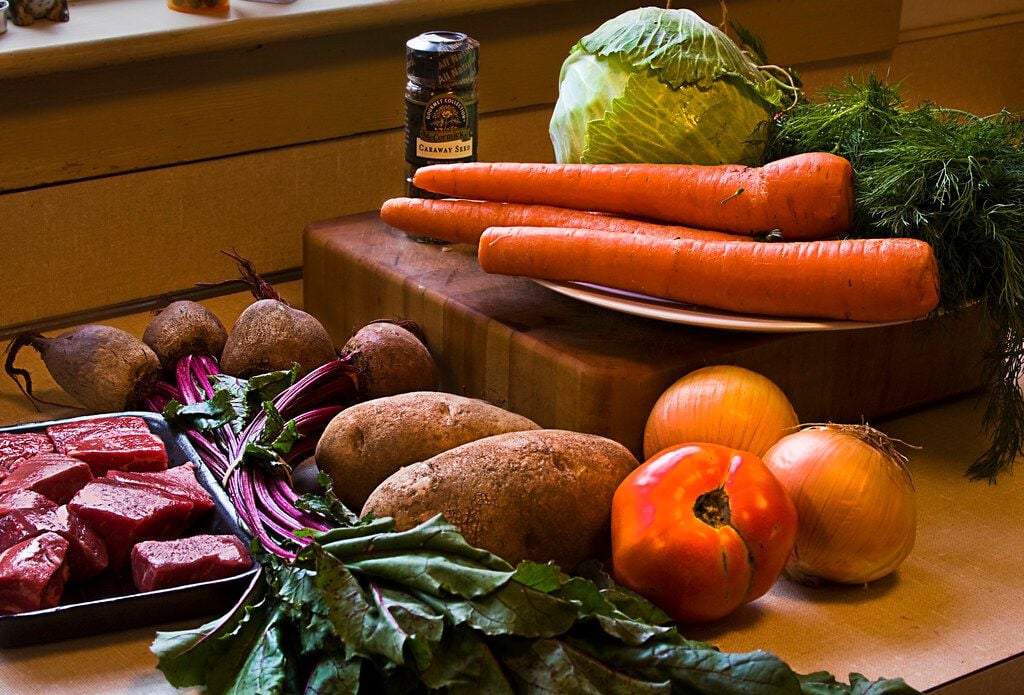
Breaking the Myths: To Salt or Not to Salt your Eggplant?
- Jul 29, 2024
Undoubtedly many of us have been stumped by eggplant or aubergine recipes that demand salting the vegetable and leaving it for at least half an hour before proceeding with the cooking. The ordeal of prolonging dinner by 30 minutes especially after a tiring day can be arduous. The necessity of this step may raise doubts despite persistent recommendations in numerous recipes. On investigation, the obligation to salt eggplants has been scrutinized and the revelations will leave you rethinking this practice.
Historically, the instruction to salt eggplants was to decrease their bitterness-a characteristic attributed more to older or overripe vegetables. Salting, contrary to popular belief, does not significantly diminish the bitterness. Tracing back to its ancient origin, eggplants are a fruit that hail from China and India, moving eventually to Europe and the Americas. Cultivated as far back as 50 BC, early eggplants were inherently bitter. Over the generations, farmers selectively bred out undesirable traits such as bitterness, leading to the bland, non-bitter eggplants we find in supermarkets and farmer’s markets today.
While the bitterness rationale is irrelevant in contemporary times, salting does serve another function-it aids in extracting moisture from the eggplant. When cooking this extremely absorbent vegetable, drying it out can prevent it from becoming too oily or fatty. This practice is particularly beneficial in the case of frying eggplants since it enhances the contrast between the crispy shell and the creamy inside. To salt an eggplant, slice it as per your recipe's requirement, lay the pieces on a baking sheet lined with paper towels, dust salt on each side, and leave them for half an hour. After that, just rinse off the surplus salt and pat it dry.
However, the practice of salting could be deemed redundant in the case of baking or roasting methods. Anna Theoktisto from the Food & Wine Test Kitchen, argues that in recipes with long cook durations, the eggplant will naturally soften and become creamy, making pre-salting unnecessary. But for shorter cook times, salting might be beneficial for a better texture.
In conclusion, salting your eggplant might not be a requisite but a personal preference. Saving on time and still having a mouthwatering dish seems like a win-win situation. Hence, next time you get stumped by a recipe asking for an eggplant salt soak, remember it isn't as crucial as it's traditionally made out to be.






